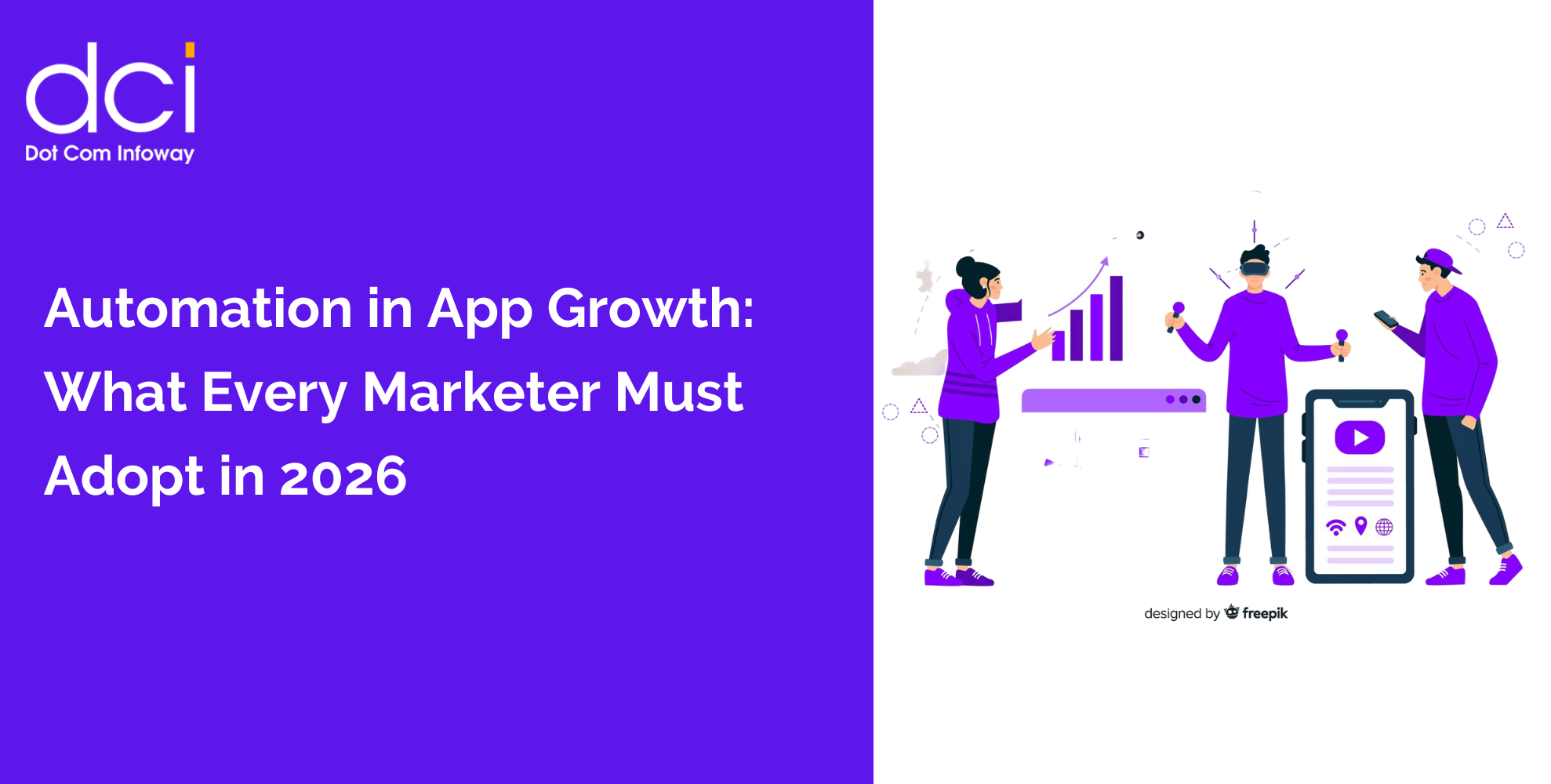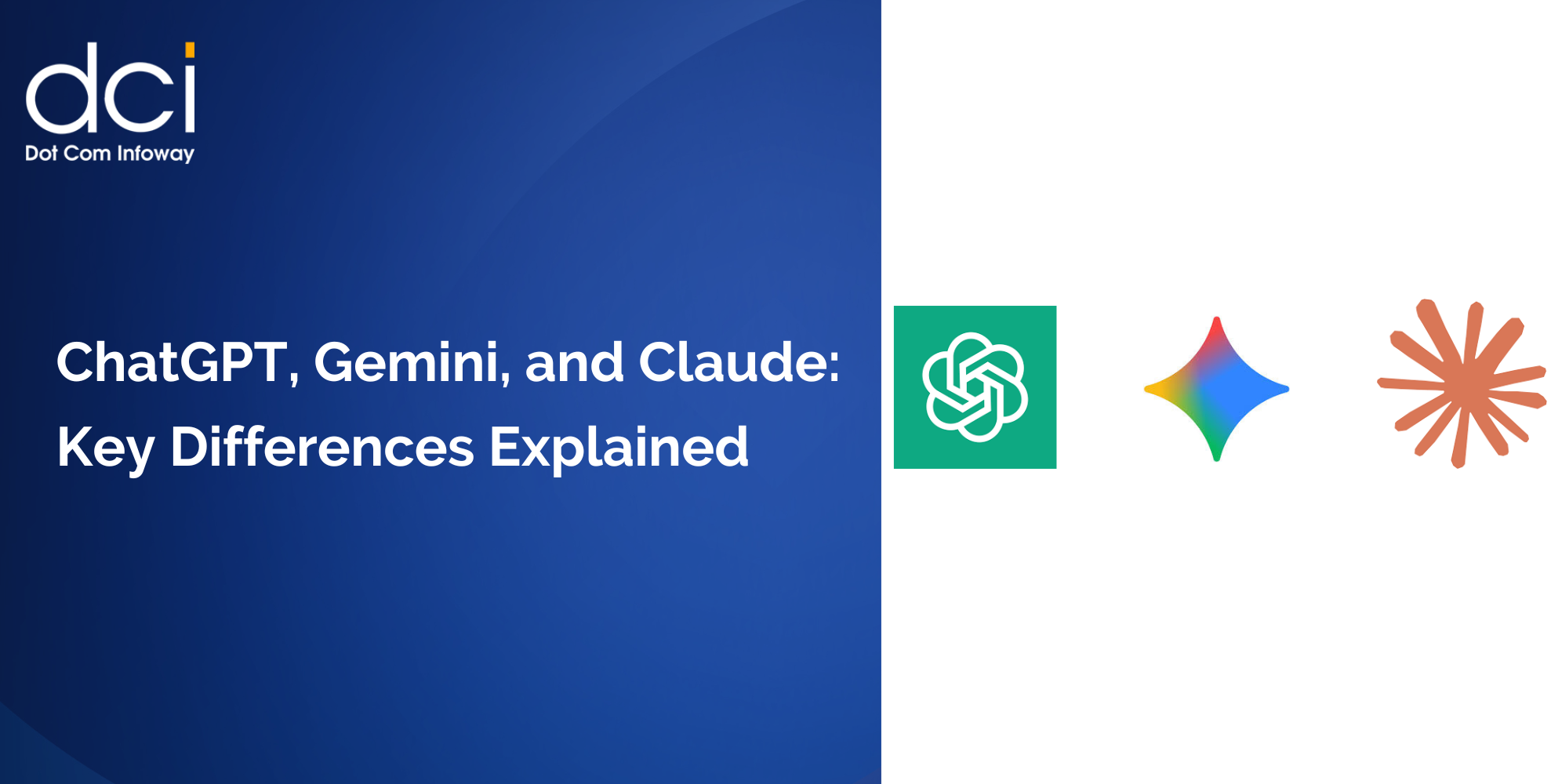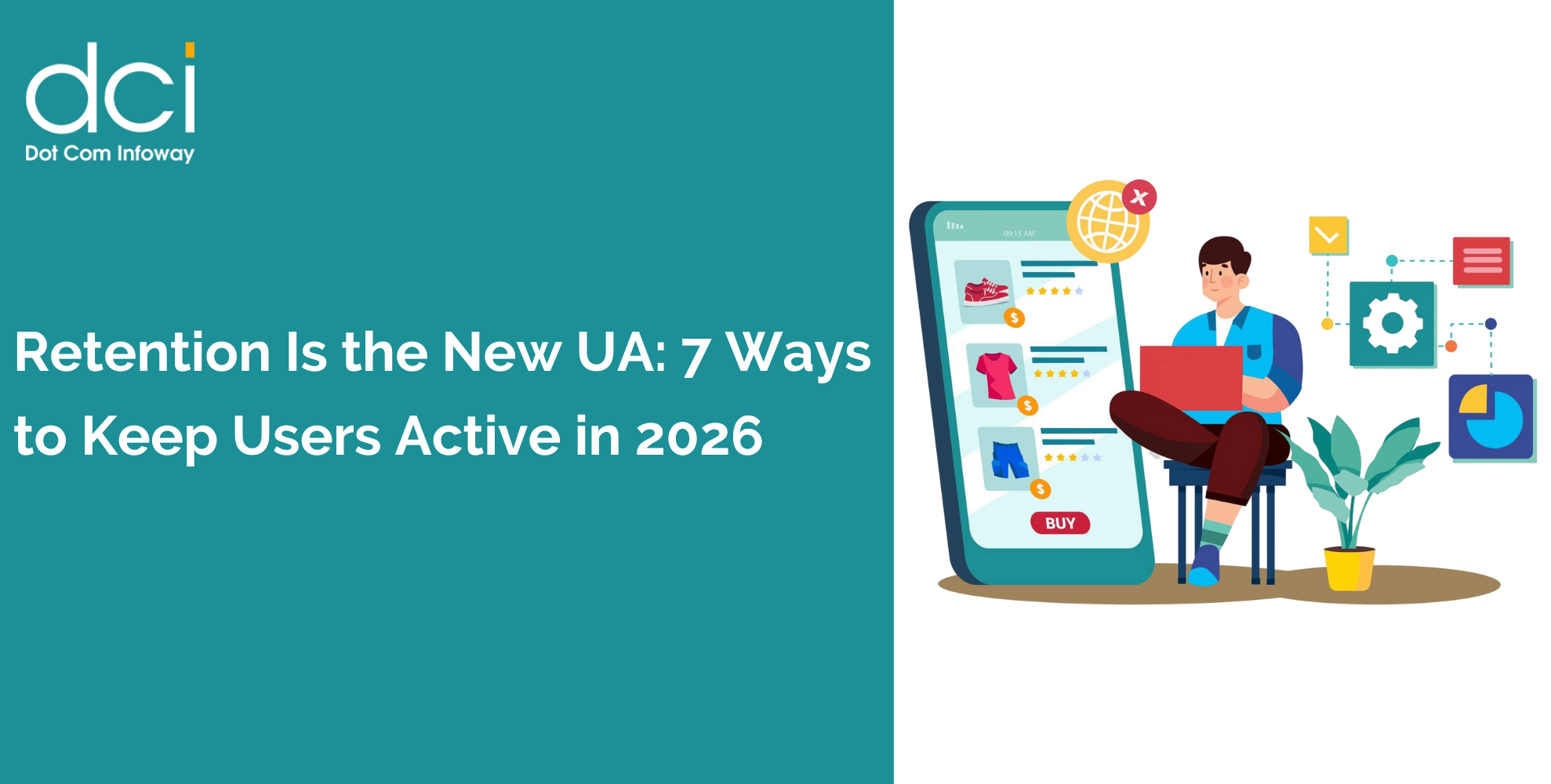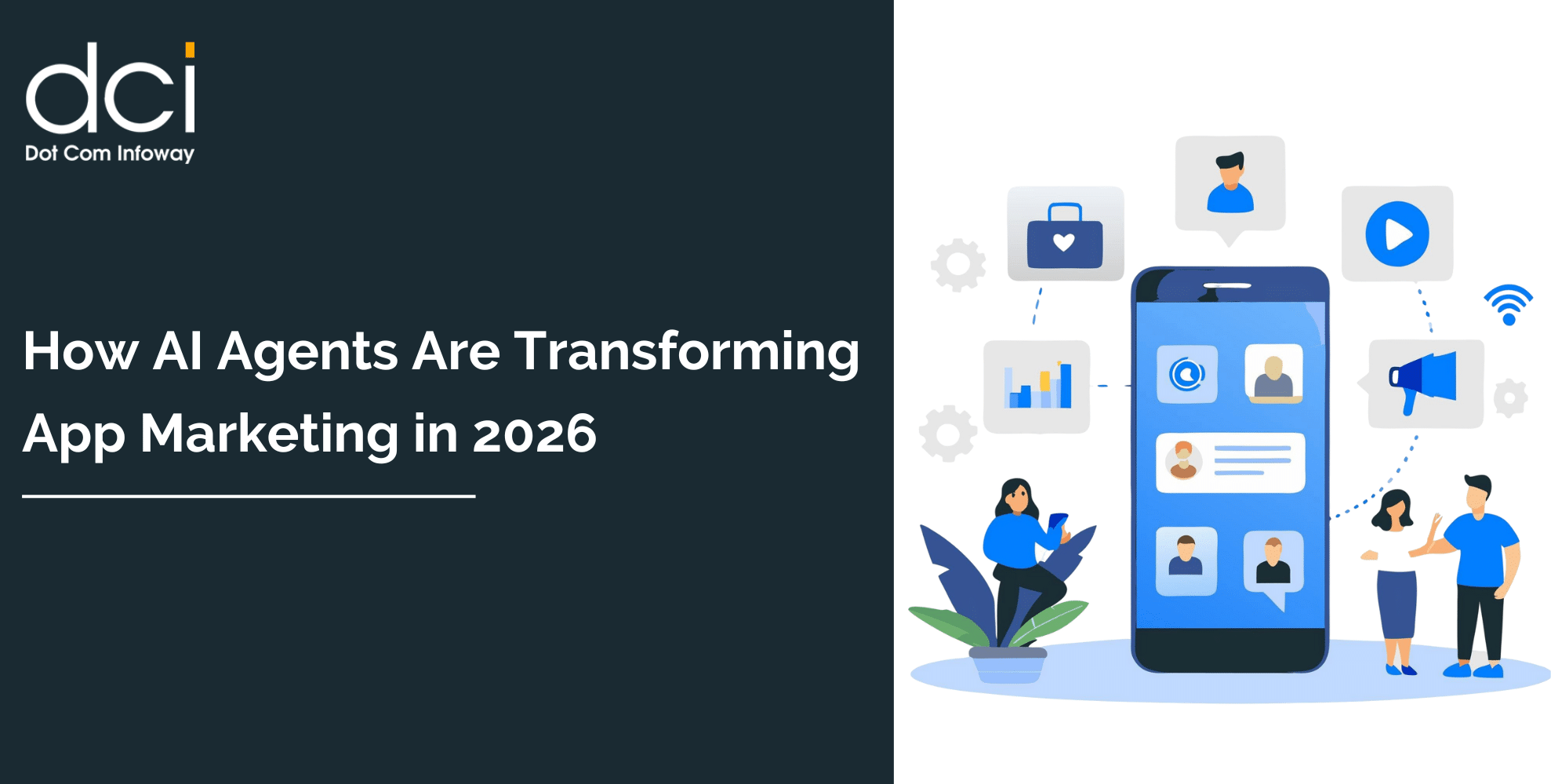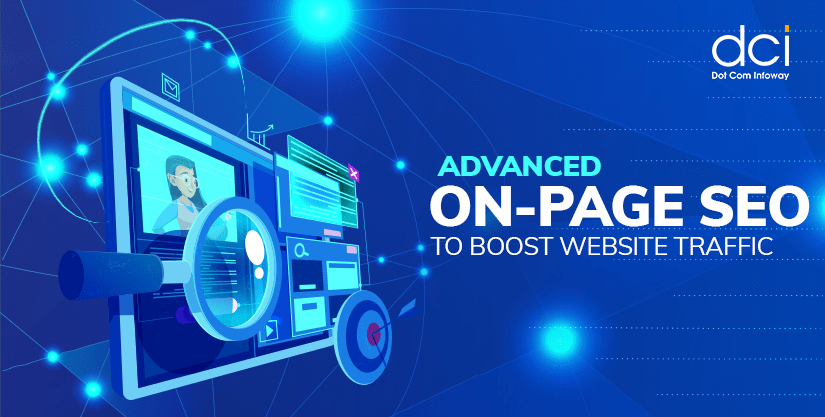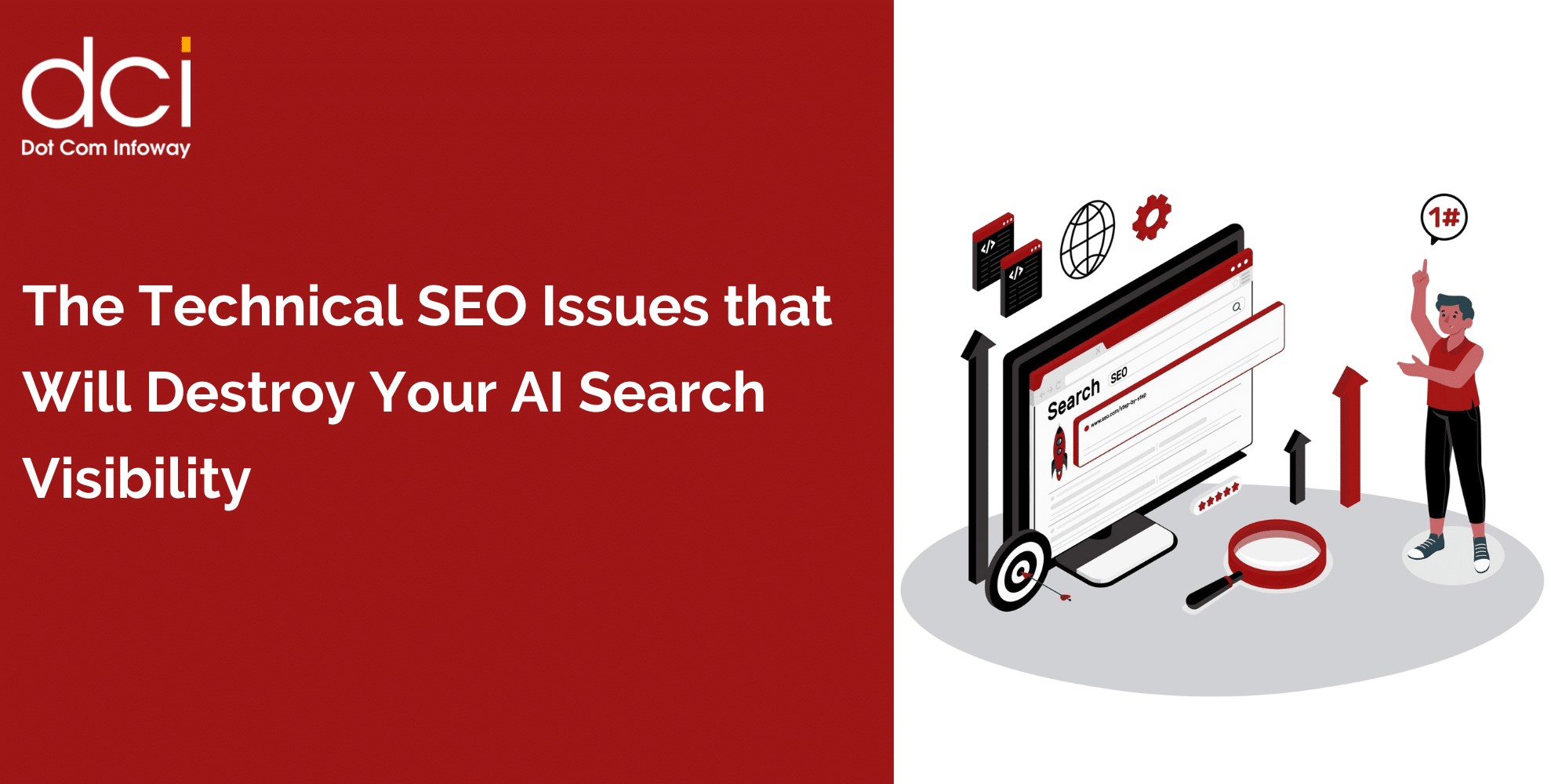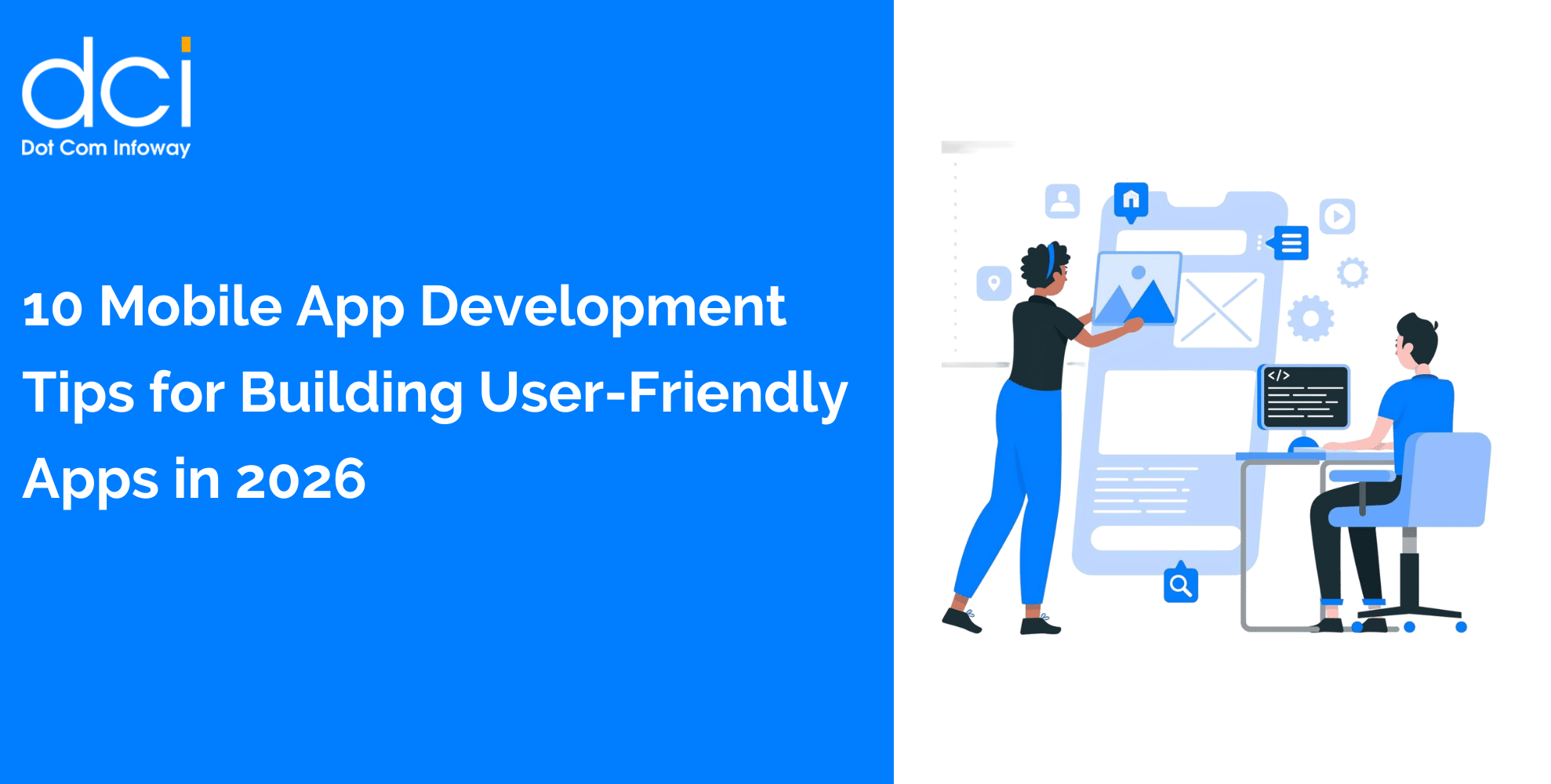1. Blockchain will solve in-app purchase issues
One of these issues is the process required to make in-app purchases. Although the majority of the world’s population now owns a smartphone, most of those users lack the means to make in-app purchases because the required payment methods, e.g. credit cards, are unavailable to them. Even if a user does have a credit card, the whole process is subject to the possibility of fraud (which other users eventually pay for), gateway fees, card-processing fees, app store fees, and bank transfer fees.
All of that means that in the end, a developer will only receive about 70% of the amount paid for the app. Using the decentralized model of the blockchain, app coins will be used to pay the app store, and a whopping 85% share would then go to the developer. Making in-app purchases will be much easier for users too because they will have app coins to use as a payment method, which eliminates the need for all the credit card processes. App coins will be earned through the reward system, as developers and manufacturers reward users for purchases and for continued usage.
2. Blockchain will improve the advertising model
Advertising by developers is another area that will be completely revamped under a blockchain model. Currently, developers are obliged to invest in cost-per-installment advertising campaigns in order to reach the broadest possible audience. However, this advertising scheme includes a number of middlemen who all get part of the proceeds from sales, reducing the amount returned to the developer. The cost-per-installment approach will be replaced by a cost-per-attention strategy, which rewards users with app coins for the time they spend using the app. All the middlemen are eliminated, and users are rewarded with coins which can be used to make in-app purchases efficiently.
3. Blockchain will streamline app approval and make it transparent
There are two main app stores which supply users with apps today, Google Apps and Apple Apps, and these two bodies make their own decisions on whether apps are approved for sale in their stores or not. The approval process though is arbitrary, undisclosed, and cumbersome, and in many cases downright unfair to newer developers. Under the blockchain model, apps would be approved via a transparent developer reputation system, because the decentralized public ledger will be consulted, as well as the user ranking system for specific developers.







![The Game Marketing Guide: Pre and Post-Launch Strategies [Infographic]](https://www.dotcominfoway.com/wp-content/uploads/2023/09/DCI-Game-Marketing-blog-1.jpg)

